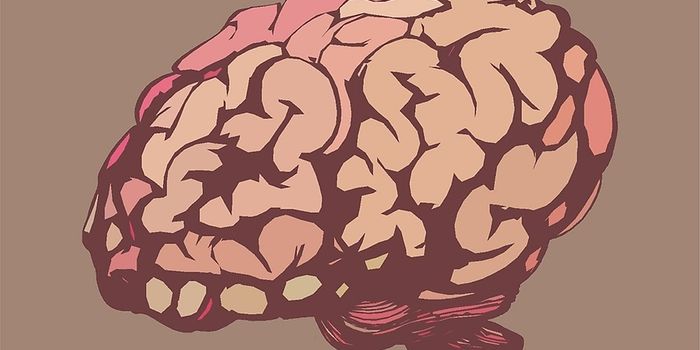Antiseizure Meds In Pregnancy May Hamper Brain Development

Antiseizure medications are key for managing seizures in epilepsy and stabilizing mood in psychiatric conditions. Some, however, such as valproate, have well-established negative effects on fetal development and are contraindicated in pregnancy regardless of indication. How other antiseizure medications affect pregnancy remains relatively unknown, however.
In the current study, researchers analyzed primary care data from the UK and Sweden from a total of 3, 182, 773 children, of which 17, 495 were exposed to antiseizure medications during pregnancy. They found that those exposed to valproate were more likely to receive a diagnosis of autism, intellectual disability, and ADHD compared to unexposed children.
They additionally found that children exposed to topiramate were 2.5 times more likely to receive a diagnosis for intellectual disability, raising their risk to 2.1% by age 12. Meanwhile, those exposed to carbamazepine were 1.25 times more likely to be diagnosed with autism, and 1.3 times more likely to be diagnosed with intellectual disability.
The researchers found, however, little evidence that children exposed to lamotrigine during pregnancy were more likely to develop neurodevelopmental conditions.
"Our findings suggest that while certain medications may pose some risk, lamotrigine may be a less risky option. Active monitoring of any antiseizure medication is critical to ensure safety and effectiveness, particularly during pregnancy." said co-senior author Brian K. Lee, PhD, a professor in the Dornsife School of Public Health at Drexel University, in a press release.
Tthe researchers noted the absolute risk of neurodevelopmental outcomes is low, regardless of drug regimen. They added, however, that in cases where pregnant women have epilepsy, withdrawing antiseizure medications can lead to seizures and life-threatening risks to both mother and baby.
“Any decisions regarding switching or withdrawal of antiseizure medications should be planned in consultation with relevant clinical specialists and individualized to the patient’s clinical history,” they wrote in the paper.
Sources: Science Daily, Nature Communications








